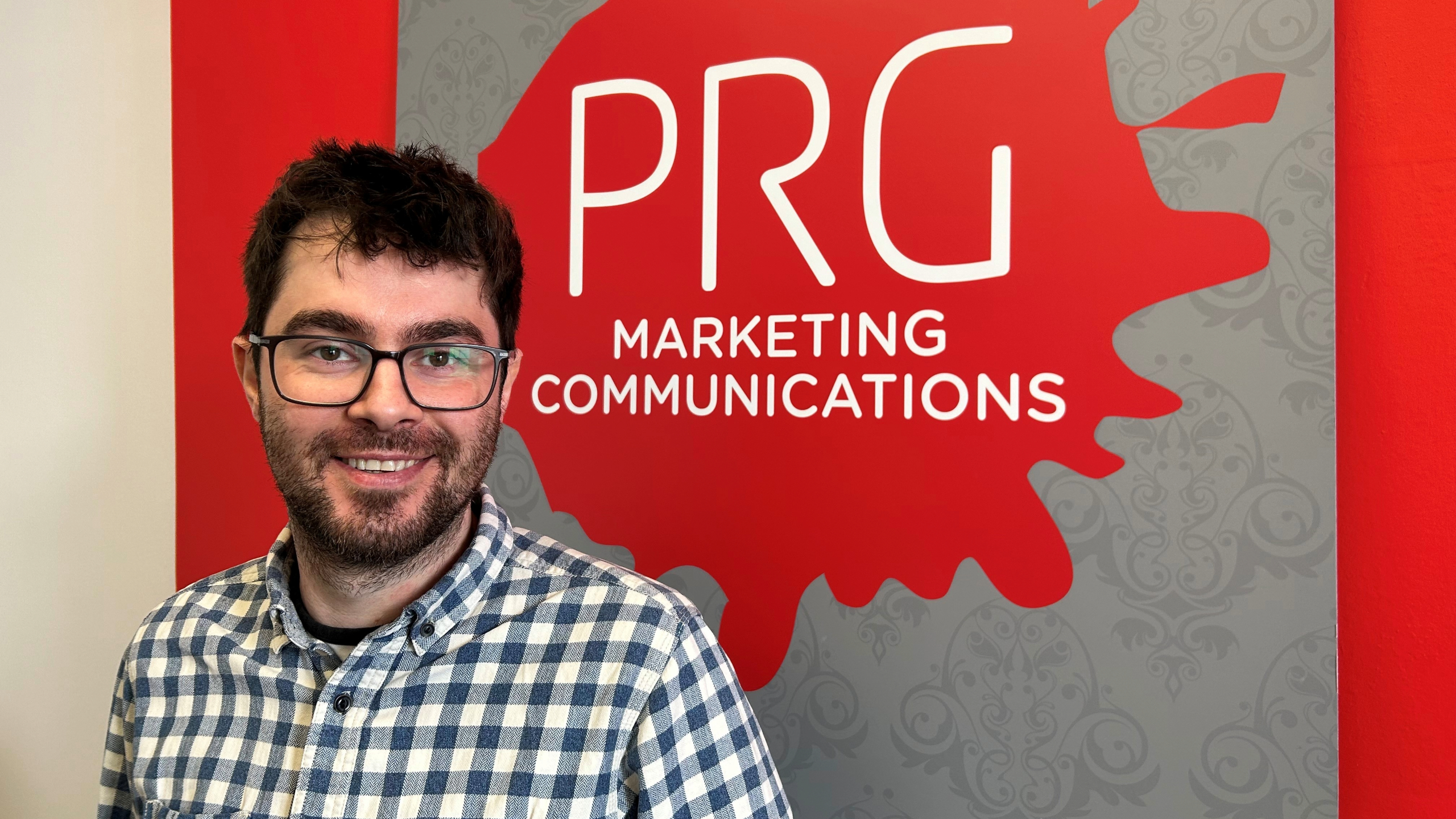
In the past six months we’ve seen more and more brands publicly commit to tackling the issue of plastic waste – a global concern that was first highlighted through David Attenborough’s Blue Planet II documentary, which exposed the destructive effect plastic pollution is having on our oceans and ecosystems. Where some big brands and supermarket chains like Iceland have been quick to take meaningful steps towards eliminating plastic waste through their plastic marketing campaigns, others like Sainsbury’s have been singled out and criticised by Greenpeace environmental campaigners for failing to ‘find their voice’.
With anti-plastic rhetoric running through the media and an abundance of ‘plastic free’ campaigns it has become increasingly difficult for manufacturers of plastic products and packaging to make their voice heard. Furthermore, the government’s plans to introduce a new tax on the production of plastic packaging with less than 30% recycled content from April 2022, means that the topic of plastic waste is here to stay.
Yet despite these challenges, it goes without saying that currently consumers and businesses are more engaged about plastic than ever before; and this presents a PR opportunity for brands.
So, as a manufacturer or supplier of plastic products and packaging, how can you show you care about the environment and make your voice heard?
Meaningful plastic marketing
Launching a PR campaign to show you are taking positive steps towards improving your environmental impact is not enough on its own. Companies need to ensure that sustainability goes right to the core of the business and is part of their long-term plan, not simply a one-off PR opportunity.
According to a recent article in Marketing Week, firms that focus on sustainability outperform those that don’t. For example, Unilever’s ‘Sustainable Living’ brands accounted for 60% of the company’s growth in 2016, and they grew more than 50% faster than the rest of the business.1
Despite the attraction of financial gains, a lot of brands are happy enough just to be seen by customers to be ‘doing the right thing’. Research by MediaCom recently found that over half of consumers have bought a brand or stopped using a brand because of its behaviour or values.
Define your core values
When a client recently came to me wanting to launch a plastic marketing campaign, I sat around the table with the MD and his marketing team and did just this…defined the core values of the business.
The client, the UK’s leading supplier of plastic pallets and boxes, was already clear on its main environmental objective; to pledge to recycle every plastic pallet and box it supplies to its customers. But in order to communicate this effectively, I explained the need for clear, strong messaging.
Following the meeting, in which we identified the environmental strengths of both the business and its products, I came away and began working up what became ‘The Responsibility’ campaign, which at its centre had a solid vision and mission statement and defined the company’s core values.
The campaign itself primarily consisted of a combination of PR, online content, email marketing and LinkedIn engagement. Within just two months, six customers ‘took the pledge’ allowing my client to recycle approximately 2,700 plastic pallets, as well as a full trailer load of mixed plastic pallets and trays, totalling just over 43 tonnes of plastic waste.
Think long-term
Through the company’s recycling pledge, my client has taken full responsibility for all its plastic products that enter the supply chain, both now and in the years to come; they’ve made a long-term commitment.
It’s companies like these, that make sustainability part of their long-term plan and demonstrate that it goes right to the heart of the business, that will gain the ongoing support and trust of their customers.
Looking ahead, my client has set itself ambitious plastic recycling targets for 2019 and beyond, and we have plans to evolve our plastic marketing campaign to ensure that the company’s voice continues to be heard.

